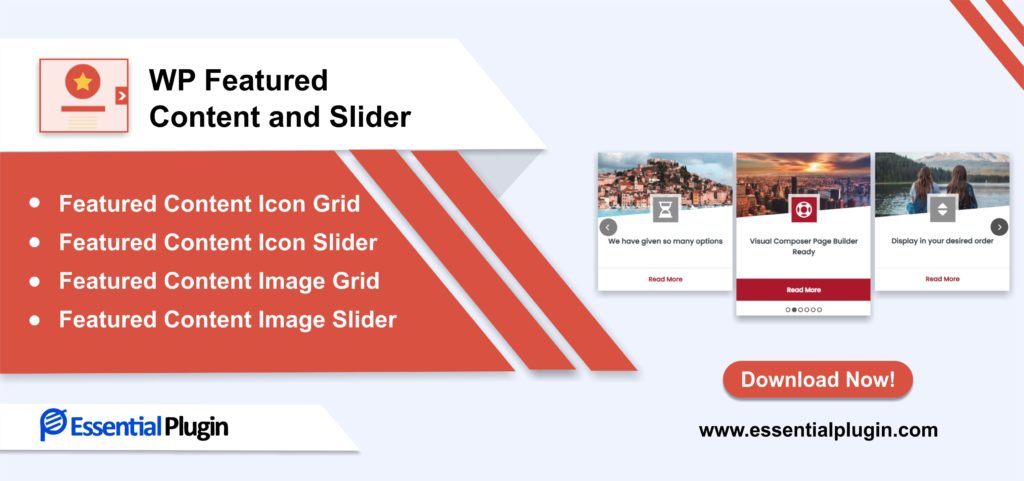Your Comprehensive Guide to Improving Your Website Performance
Today’s digital world requires a highly functional and engaging business website. Yes, you read it right. Not just a website, but a highly functional, fast-loading, and engaging business website. Whether you run an eCommerce store, an IT website, or simply a niche-based informative blog, user experience matters in every case.
If you are reading this post, the chances are that either you already have a website or you are looking to set up one very soon. In either case, these website optimization tips will take you a long way. So, let’s get the ball rolling and first understand why website performance matters so much?
Significance of Good Website Performance
Not focusing on improving your website performance can have far-reaching effects on your business. In fact, it can help you improve the bottom line of your business. As a matter of fact, users are not patient and nothing annoys them more than a slow-loading website. UI and UX have a huge impact on how your visitors respond. You must focus on improving your website’s loading speed and it should ideally load within 2 seconds if not faster.
If you want to reduce the bounce rate of your website, you must know how to improve page speed and that’s what we are going to cover in this post. By following these tips, you will not only acquire new customers but will also retain existing ones. It will also boost your conversion rates by a significant margin, but before we do that let’s take a look at the factors that affect your website’s performance and loading speed. Don’t miss to read about How to deal with Website Speed Optimization?
Factors that affect your website’s performance
- Use of too many plugins and widgets.
- Large and heavy images.
- Heavy use of javascript and heavy CSS.
- The old version of browsers.
- Failing to use browser cache.
- Hotlinking images from slow-paced servers.
Tips to Improve Your Website’s Performance
So now that you know the factors that impact your website’s performance and why it is important to improve the page loading speed, let’s take a look at the best tips to enhance your website performance.
Tip #1- Enable ‘Leverage browser caching
It is a mistake to not leverage browser caching. That’s because it increases the load on the web server. Why does it happen?
When you visit a web page, your program starts downloading all contents of that page, and when you visit another page of the same website or another website your browser will start loading the static documents once more.
Simply put, static documents are CSS and JS files of the website. So, when you enable ‘leverage browser caching’, only the unique documents will download and the other files such as static files will function from your program.
This process helps curb the load off your web server and increase your website speed.
You might like to read more about Best WordPress Cache Plugin for Your Website in 2021.
Tip #2- Get rid of excess plugins

Another useful website optimization tip is getting rid of excess plugins. Having too many plugins will only hamper the performance of your website. Apart from this, it will also widen security loopholes. So, go through the list of plugins you have on your website and get rid of the ones that you no longer need.
There are times when website owners get tempted to install plugins to enhance the presentation of content on their websites. As a WordPress user, you are spoilt for a choice as you have countless plugins at your disposal; however, you must only install plugins that are useful and that do not weigh down your website. One such plugin is ‘WP Featured Content and Slider’.
It is one of the most popular WordPress Plugins on the internet that allows you to create and display engaging content on your website. It is a lightweight plugin that comes with 3 layouts, more than 20 slider and grid designs, and a fully responsive touch-based slider.
More features:
- Drag and drop post-order change.
- Amazing compatibility with all WordPress themes.
- Easy integration with all page builders such as Avada, DIVI, Elementor, and Gutenberg.
- Custom read more links.
- Custom CSS editor.
- Many other features.
Tip #3- Image optimization
Heavy images hamper your website performance and speed big time. We have spoken about the importance of a fast-loading website earlier in the post. Here, you can learn How to Add WordPress Image Caption with a Plugin in WordPress Blog or Site?
A slow-loading website badly affects the speed of your website. And hence you need to watch for those heavy images and other media on your website. Compress the image and videos without compromising on the quality.
Conclusion:
Improving your website performance is important to your business and like any other crucial aspect of your enterprise, it should not be compromised. Hope these website optimization tips are useful to you. For more information about increasing website speed, feel free to get in touch with us.
Other Related Article :
Your Comprehensive Guide to Email Subscription Popups
Creating A Blog Page On WordPress – Your Comprehensive Step by Step Guide
Your Comprehensive Guide to Create a Multi-Step Form in WordPress Using a Plugin

